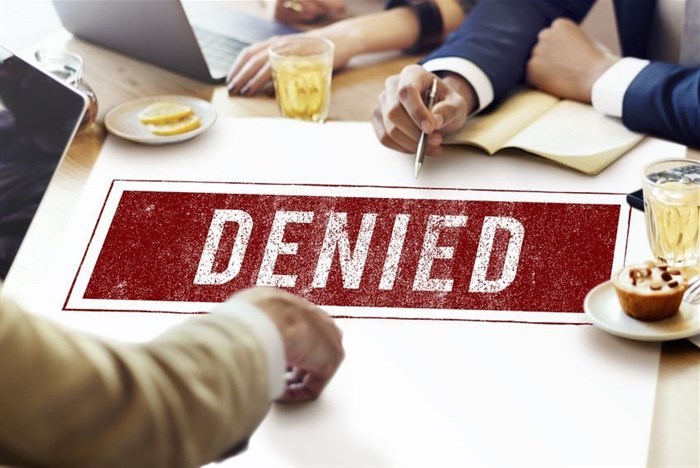On 22 February 2023, the South African Competition Tribunal issued an order prohibiting the proposed intermediate merger between Corruseal Group (Pty) Ltd (Corruseal) and Neopak Holdings (Pty) Ltd (Neopak). In their request for consideration to the Tribunal, Corruseal and Neopak sought to have the proposed merger unconditionally approved by the Tribunal or, alternatively, approved subject to conditions. The Tribunal's order follows a hearing held in November and December 2022 and February 2023, during which several factual witnesses as well as economic experts testified before the Tribunal. The Tribunal noted that the reasons for its decision would be issued in due course.
The transaction was initially prohibited by the Competition Commission in March 2022 due to a number of competition concerns in the paper recycling, containerboard and cardboard packaging markets in South Africa. Although, at the time, the parties had offered a number of remedies to address the Commission's concerns, those were deemed to be inadequate by the Commission, resulting in the initial prohibition of the transaction. Following the prohibition, the parties requested the Competition Tribunal to reconsider the Commission's decision and, in the process, tendered additional remedies to address the various concerns.
Merger denial a rarity
Mergers are very rarely prohibited by the competition authorities and neither the Commission's initial prohibition nor the Tribunal's decision to uphold it are common in South Africa. For example, during the Commission's 2020/2021 financial year, of the 242 mergers notified that year, only two were prohibited. A transaction may be prohibited if it raises substantial competition and/or public interest concerns that cannot be adequately addressed by structural or behavioural remedies. This is rarely the case, as creative remedies can usually be negotiated between merging parties and the competition authorities to resolve and prevent harm within a given market. Having said that, depending on the transaction in question, as well as market dynamics and particular concerns with the transaction, a handful of transactions each year are prohibited by the authorities.
The Competition Tribunal sometimes reverses a decision by the Competition Commission to prohibit an intermediate merger, but in other cases, like in the Corruseal-Neopak merger, it may decide to uphold the prohibition. Given the limited number of cases that are prohibited each year and the Tribunal's reversal of some prohibitions, statistically, the decision in the Corruseal-Neopak transaction is certainly rare.
Future forecasting
Merger control analysis is generally forward-looking. It compares the market situation before and after the transaction in order to assess the potential effects on competition and the public interest. It is not an exact science, as it seeks to foresee future market dynamics and likely effects that a transaction taking place today would have on the market in the long term.
By upholding the Commission's decision to prohibit the transaction, the Tribunal has agreed that the transaction raises substantial concerns and has not been satisfied that the remedies tendered by the parties are adequate to address the concerns. The Tribunal's decision may have also been influenced by the fact that market participants had not been afforded an opportunity to comment on the remedies, a point which the Commission raised during the Tribunal's hearing of the matter. Support for the remedies from key market participants may have weighed favourably for the merging parties and strengthened the argument that the remedies sufficiently address the competition concerns.
The parties in the Corruseal-Neopak transaction may appeal the Tribunal's decision to the Competition Appeal Court. Such an appeal must be filed within 20 business days of the Tribunal's decision. Whether they intend to follow this route remains to be seen.





































